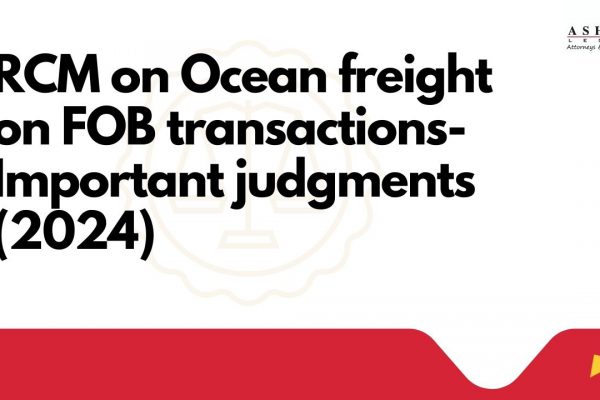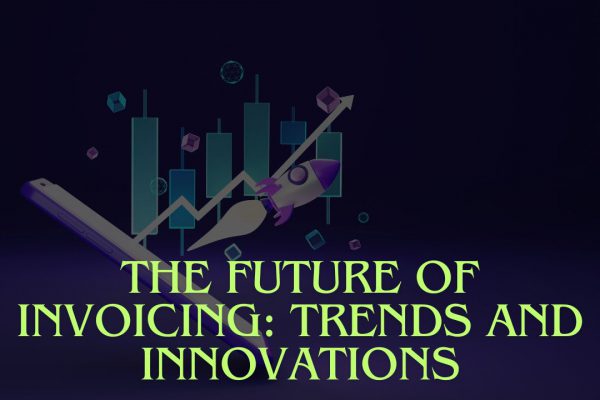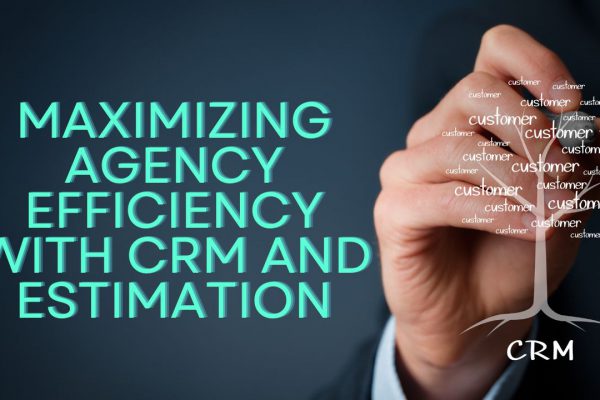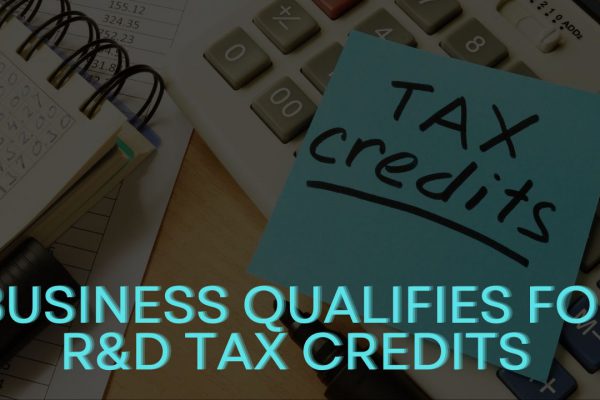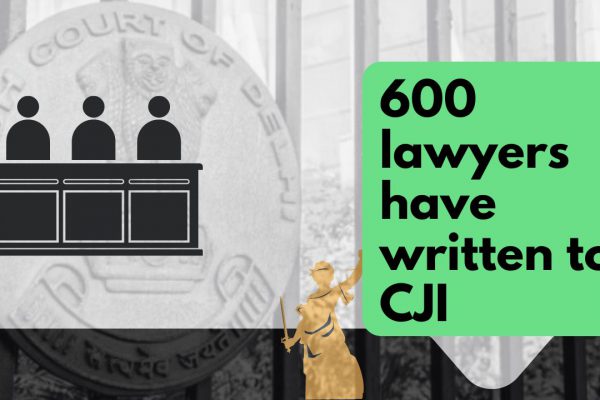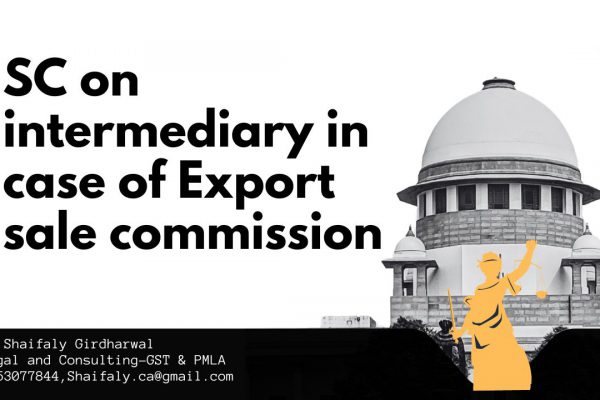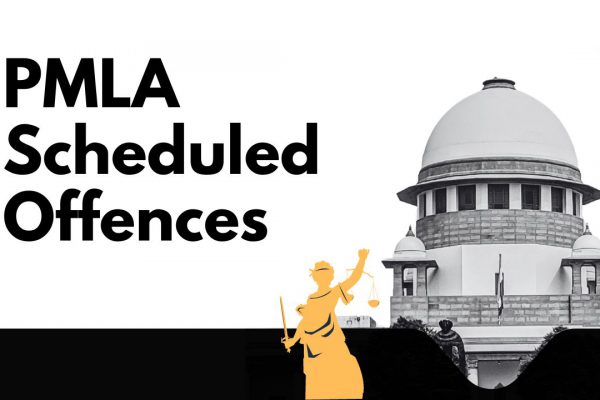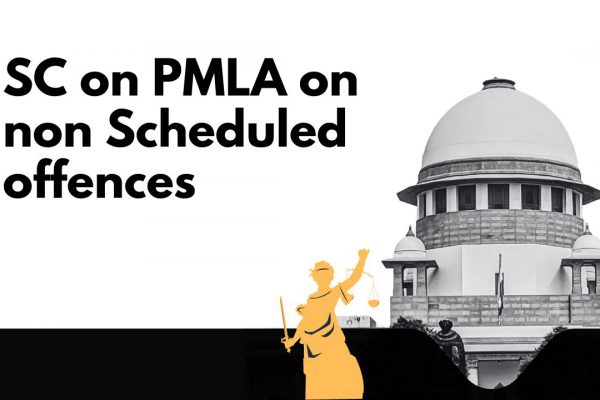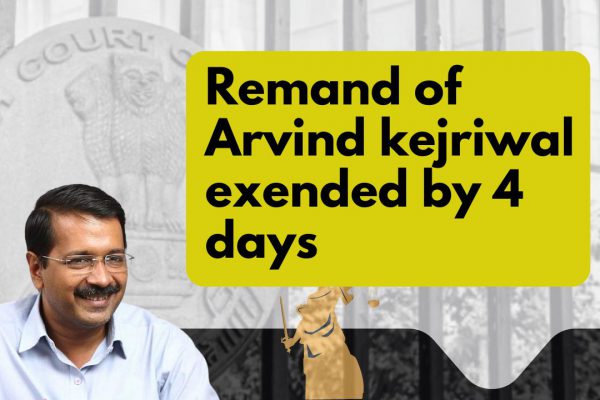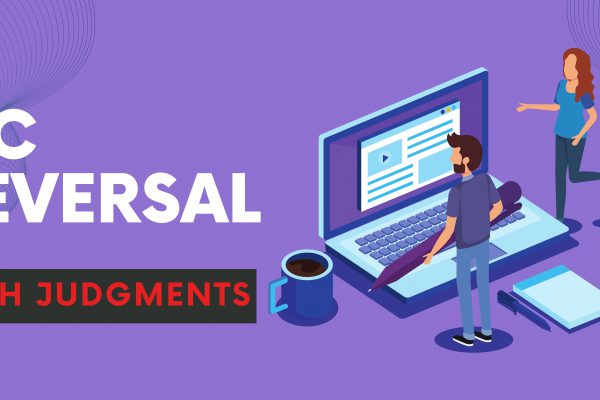Accounting procedure of e-commerce operators and applicability of sec 52 of GST (TCS)
E-commerce is facing a lot of issues in GST. There are unanswered questions related to accounting, compliance, and filing of returns. They have a different setup. They control the sales but don’t sell directly. Thus they play the role of intermediary between the seller and the buyer. That’s the reason for having a different set of provisions for E-commerce operators. They can vary in the following aspects-
- Accounting
- Liability to deduct the TCS
- Filing of returns related to TCS
- Taking registration as a TCS deductor
- Input tax credit
- Liability for non-compliance
According to Sec 2(44) of the CGST act, electronic commerce means the supply of goods or services or both including digital products over digital or electronic networks.
As per Sec 2(45) of the CGST act, electronic commerce operator (ECO) means any person who owns, operates, or manages a digital or electronic facility or platform for electronic commerce. For eg. Flipkart, Amazon, Meeshu,e-Bay, snapdeal, etc
These ECOs are ubiquitous. They can be accessed from anywhere, anytime in the world with the click of a button on a computer. They have invested huge money in developing these enormous marketplaces. Those people who have limited exposure to potential customers can sell their products to the whole world. Also, people from remote places can now have access to anything on earth through these malls. There are innumerable sellers of myriad products who have showcased their goods on the websites of these ECOs.
Related Topic:
Impact analysis of GST on E-commerce operator
- Mode of business
- Accounting Software as a module of their ERP
- Types of sale
- Preparation of Memo accounts
- Making of invoices
- Registration Requirement for E-Commerce operators
- Registration Requirement for an actual supplier of goods/services
- What is Tax Collection at Source (TCS)?
- The net value of taxable supplies
- 1) Applicability on a person who is selling his own products through an E-commerce website hosted by himself
- 2) Applicability if an ECO purchases goods and services in its own name and then further sells them to the consumer through its website.
- 3) Situation where the ECO does not provide invoicing solutions to the seller.
- 4) What happens to the TCS collected by the ECO?
- 5) The GST Act mandates a dealer to maintain a consecutive serial number for invoices. If he is supplying from multiple locations, does he need to centrally maintain the invoice numbers serially?
- 6) Will ECOs be required to collect TCS on supplies where sellers are selling exempted or nil-rated goods like books through ECOs?
- 7) What is the time within which such TCS is to be remitted by the e-commerce operator to the Government?
- 8) How can actual suppliers claim credit for this TCS?
- 9) Which statement and details are needed to be filed by the ECO?
- 10) What is the matching concept in E-commerce provisions?
- 11) What will happen if the details remain mismatched?
- 12) Can the seller and ECO have the same place of business and can their goods be stored in a shared facility operated by the ECO?
- 13) What is the status of travel agents providing services through digital or electronic platforms? Will they be required to collect tax at source as per the provisions of Section 52 of the GST Act?
- Impact of the TCS provision
Mode of business
These ECOs mostly do not purchase or sell in their own name. They only provide a platform from which various people can sell their goods and services. They can be compared to stock exchanges or depository institutions. These ECOs facilitate transactions between the seller and the consumer. They can also act as a warehouse for the seller just like a depository.
They provide the space for listing their products along with their photographs, Warehousing, logistics, advertising, etc. Most importantly they collect the consideration paid by the consumer on the behalf of the seller. They earn by collecting commission, shipping charges, fixed charges from the seller.
Related Topic:
Online filing of AEO T2 and AEO T3 applications: CBIC
Accounting Software as a module of their ERP
ECOs use customized accounting software which is a part of an integrated ERP system that is mostly SAP-based. They give limited access to their ERP to their vendor and the consumer. This access acts both as an input and output point for them. This ERP has various inbuilt algorithms which manage all the transactions with vendors and customers according to the contracts, terms, and conditions with them.
Types of sale
Usually, there are only two types of sales. Prepaid or COD (Cash on delivery). The COD forms around 40% share of total sales. Around 30% of total goods sold are returned by the consumers due to various reasons. The instances of return of goods are more in the case of COD. Around 18-20% of goods are returned in COD mode.
Preparation of Memo accounts
The accounting is done in a different module of the ERP. The supplier and the buyer, are neither debtors nor creditors of the ECO. Therefore memo accounts are created in the name of both sellers and the buyers in the software. In the case of the vendor, it has different columns like the total quantity of goods received from the vendor, goods despatched to the consumer, goods returned by the buyer, amount collected on behalf of the vendor amounts to be deducted from the vendor, amount paid to the vendor, the amount retained by the ECO in case if there are any goods returned, etc. This module provides all these details to the vendor in a transparent manner.
Net proceeds (Paid to the Vendor)
245.84
Opening Bal +
405.74
Sales +
2850.00
Returns –
138.40
Other Expenses –
1478.73
Account-level Reserve – (Reserve to pay consumer in case of any return)
1392.77
Net proceeds = Opening Bal + Sales – Returns – Expenses – Account level reserve
The account-level reserve will form the next opening balance.
There will be a memo account for the consumer as well. It keeps the record of goods sold, goods returned, the payment received, any exchanges, etc.
Making of invoices
A vendor selling via an e-commerce portal is required to raise his own invoices. But generally, ECOs provide a facility to the vendor to raise invoices using their ERP dashboard. This functionality is provided so that all vendors raise invoices on time and in the correct format. Also, they send the invoices to the customers via email once the goods are sent.
The ECOs issue invoice in the name of the seller for the services provided by them along with applicable GST. They deduct the amount of their invoice from the amount collected on behalf of the seller. Along with that, they are also responsible for deducting TCS (Tax collected at Source) on the amount of consideration they have received from the consumer on behalf of the seller. For e.g., Flipkart collects Rs 999/- from the consumer.
Collection from consumer 999
| Shipping fees | 30.00 | |
| Gst | 5.40 | (35.40) |
| Fixed Fee Charges | 15.00 | |
| Gst | 2.70 | (17.70) |
| Collection Fees | 19.98 | |
| Gst | 3.60 | (23.58) |
| Commission | 179.82 | |
| Gst | 32.37 | (212.19) |
| TCS on 999@1% | (9.99) | |
| Final amount paid to the seller | 700.14 |
Registration Requirement for E-Commerce operators
E-Commerce operators are mandatorily required to take registration under GST. They have no threshold limit. Every operator is required to file from GSTR-8 up to the 10th of next month. It shall furnish an annual statement before the 31st December following the end of the next financial year in Form GSTR-9B. They have not to file GSTR 1. From the Eco’s viewpoint, they must register under GST in every state in which they operate. Their ERP systems have to be well integrated to apply these provisions in the day-to-day businesses smoothly.
Registration Requirement for an actual supplier of goods/services
The E-commerce vendors on whose products or services there is no reverse charge u/s 9(5), they have to register themselves under GST mandatorily. In those cases where ECO is liable to pay tax u/s 9(5) (Reverse charge) then no registration is required for the actual supplier of service.
What is Tax Collection at Source (TCS)?
According to sec 52(1) of the CGST ACT,2017, The e-commerce operator, who is not acting as an agent, is required to collect an amount at the rate of one percent (0.5% CGST + 0.5% SGST) of the net value of taxable supplies made through it, where the consideration with respect to such supplies is to be collected by such operator. The amount collected is called Tax Collection at Source (TCS).
Explanation
TCS applies only if the operator collects the consideration from the customers on behalf of vendors or suppliers. In other words, when the e-commerce operator pays the consideration collected, to the vendors they have to deduct an amount as TCS and pay the net amount.
Some exceptions to the TCS provisions for the services provided by an e-commerce platform are:
- Hotel accommodation/clubs (unregistered suppliers)
- Transportation of passengers – motorcycle, cab, or radio taxi
- Housekeeping services like plumbing, carpentry, etc. (unregistered suppliers)
On these three services, the GST has to be paid by the ECO in the form of Reverse Charge. The vendors of these services have not to register themselves till they reach the threshold limit.
The net value of taxable supplies
The “net value of taxable supplies” means the aggregate value of taxable supplies (net of GST) of goods or services or both, other than the services on which tax is payable by the ECO, made during any month by all registered persons through such operator reduced by the aggregate value of taxable supplies returned to the suppliers by the ECO during the said month. Also nil rated and exempt goods will not be included in “net value of taxable supplies” For Eg;
If a vendor does sales of Rs 10 lakhs (net of GST) of taxable goods through ECO during a month and the value of goods returned to him by ECO is 2 lakhs, then “net value of taxable supplies” would be Rs 8 lakhs and TCS will be collected on Rs 8 lakhs only.
Also, there may be instances where the ECO erroneously collected tax on the taxable value and GST component as well.
Some important points to remember:
1) Applicability on a person who is selling his own products through an E-commerce website hosted by himself
No. As per the definitions in Section 2 (44) and 2(45) of the CGST Act, 2017, that person will be definitely covered under the definition of an “electronic commerce operator”. However, according to Section 52 of the ACT, TCS is required to be collected on the net value of taxable supplies made through it by other suppliers where the consideration is to be collected by the ECO. In cases where someone is selling his own products through a website hosted by him, there is no requirement to collect tax at source as per the provisions of this section, since ECO and the vendor are the same people. On these transactions, GST will be levied at the prevailing rates. For e.g. If Samsung sells its mobile phone through its own website, then the consideration collected from the consumer does not qualify for TCS. Suppose if Samsung sells its mobile phone through Amazon then, Amazon has to collect TCS from the proceeds collected by it and remit it to the government.
2) Applicability if an ECO purchases goods and services in its own name and then further sells them to the consumer through its website.
No. According to Section 52 of the CGST Act, 2017, TCS is required to be collected on the net value of taxable supplies made through it by other suppliers where the consideration is to be collected by the ECO. In this case, there are two transactions – where ECO purchases the goods from the vendors and then sells them through its own website. For the first transaction, GST is leviable and will need to be paid to the vendor, by the ECO. The second transaction is a supply on its own account, and not by other suppliers and hence there is no requirement to collect tax at source. The transaction will attract GST at the prevailing rates. The seller and the ECO are the same people. For e.g. Reliance Jio purchases goods from different vendors and sells them through its website.
3) Situation where the ECO does not provide invoicing solutions to the seller.
In this scenario, the invoice will be generated directly by the seller and received by the buyer. Delivery may or may not be through the ECO. The order has been generated through the ECO. Then consideration is also collected by the ECO. Everything remains the same and ECO has to deduct TCS from the payment collected before passing it to the seller.
4) What happens to the TCS collected by the ECO?
The amount collected by the ECO during a month should be duly reported in GSTR-8 and remitted to the Government by the 10th date of the next month. The amount of TCS collected will be available to the concerned supplier as credit in his electronic cash ledger.
5) The GST Act mandates a dealer to maintain a consecutive serial number for invoices. If he is supplying from multiple locations, does he need to centrally maintain the invoice numbers serially?
Section 46 of the CGST Rules, 2017 provides that an invoice may have “a consecutive serial number not exceeding sixteen characters, in one or multiple series, containing alphabets or numerals or special characters hyphen or dash and slash symbolized as “-” and “/” respectively, and any combination thereof, unique for a financial year”. Therefore, a supplier can have multiple series of invoices for the same year, till the same series is not used across financial years. Therefore, he may have a different invoice series for each location having consecutive serial numbers running across that series.
6) Will ECOs be required to collect TCS on supplies where sellers are selling exempted or nil-rated goods like books through ECOs?
As per Section 52(1) of the CGST Act, 2017 TCS is to be collected on “the net value of taxable supplies” made through an ECO. When the supply itself is not taxable, the question of TCS does not arise.
7) What is the time within which such TCS is to be remitted by the e-commerce operator to the Government?
As per Section 52(3) of the CGST Act, 2017 the amount collected by the operator is to be paid to the government within 10 days after the end of the month in which such amount was collected.
8) How can actual suppliers claim credit for this TCS?
According to Section 52(7) of the CGST Act, 2017 the amount of TCS paid by the operator to the government will be reflected in the GSTR-2A of the actual registered supplier (on whose account such collection has been made) on the basis of the statement filed by the operator after the due date of GSTR-8. The same amount can be utilized by the supplier to discharge his tax liability in respect of the supplies made by him.
9) Which statement and details are needed to be filed by the ECO?
As per Section 52(4) and Section 52(5) of the CGST Act, 2017, every ECO is required to furnish a statement, electronically, containing the details of outward supplies of goods or services made through it, including the supplies of goods or services returned through it, and the amount collected by it as TCS during a month. Such a statement should be furnished within ten days after the end of such a month. The statement will be filed in FORM GSTR-8. The operator is also required to file an annual statement by the 31st day of December following the end of the financial year in which the tax was collected.
10) What is the matching concept in E-commerce provisions?
The matching concept in E-commerce has been explained in Section 52(8) and Section 52(9) of the CGST Act, 2017. The supplies actually made and disclosed in his return by the supplier through the ECO should match with the detail of supplies provided by the ECO in its form GSTR 8. The details of supplies furnished by every ECO in its statement for the month will be matched with the corresponding details of outward supplies furnished by the concerned supplier in his valid return for the same month or any preceding month. When the details of outward supplies declared by the operator in its statement do not match with the corresponding details declared by the supplier, the discrepancy shall be communicated to both persons.
11) What will happen if the details remain mismatched?
As per Section 52(10) and Section 52(11) of the CGST Act, 2017, GSTR 8 cannot be revised once it is filed. Any discrepancy found while matching and reconciling the supplier data and GSTR 2A will be communicated to the operator and the supplier for rectification by either of the two. The amount of discrepancy which remains unrectified by the supplier in his valid return or the operator in his statement for the month in which such discrepancy is communicated shall be added to the output liability of the said supplier in his next month’s return. Such supplier in whose, taxable output any unrectified mismatch amount has been added shall be liable to pay the tax payable on that amount along with interest from the date of such supply to the date of payment.
12) Can the seller and ECO have the same place of business and can their goods be stored in a shared facility operated by the ECO?
Yes, this is allowed. A registered person can declare any premises as a place of business if he has requisite documents for use of the premises as his place of business (like ownership document, agreement with the owner, etc.) and there is no restriction about the use of premises by multiple persons. The registered person has to comply with the requirements of maintaining records as per section 35 of the CGST Act, 2017 and Rules 56 to 58 of the CGST Rules, 2017.
13) What is the status of travel agents providing services through digital or electronic platforms? Will they be required to collect tax at source as per the provisions of Section 52 of the GST Act?
As per Section 52 of the CGST Act, 2017, Online travel agents providing services through digital or electronic platforms will fall under the category of ECOs and are liable to deduct TCS.
Impact of the TCS provision
The government wants to curb tax evasion done by both suppliers and the ECOs and generate revenue. Hence it has brought the provisions of matching of invoices and liability to pay interest. These sections will significantly increase tax collection and compliance by both.
The suppliers will be dependent on the ECO to file its return to get the credit of TCS collected by it. The working capital of the suppliers selling through an e-commerce operator will be blocked till they release their payment. Also, many ECOs have some rules of retention amount to compensate for the return of goods. This may keep small sellers away from ECOs as they have small working capital and low-profit margins. The burden of output tax along with interest, in case of mismatch, is totally on the supplier.
Since the return or cancellation rate in India is high, the operators shall have to manage their accounting and reconciliation accordingly. There may be some circumstances wherein the goods are returned due to cancellation or defect on whose supply TCS has already been collected. Sometimes it may happen that they erroneously deduct TCS on the invoice value i.e. inclusive of GST. The compliance cost for both the supplier and ECO will increase and non-compliance will hurt them even more.
If you already have a premium membership, Sign In.
 ConsultEase Administrator
ConsultEase Administrator
Consultant
Faridabad, India
As a Consultease Administrator, I'm responsible for the smooth administration of our portal. Reach out to me in case you need help.


